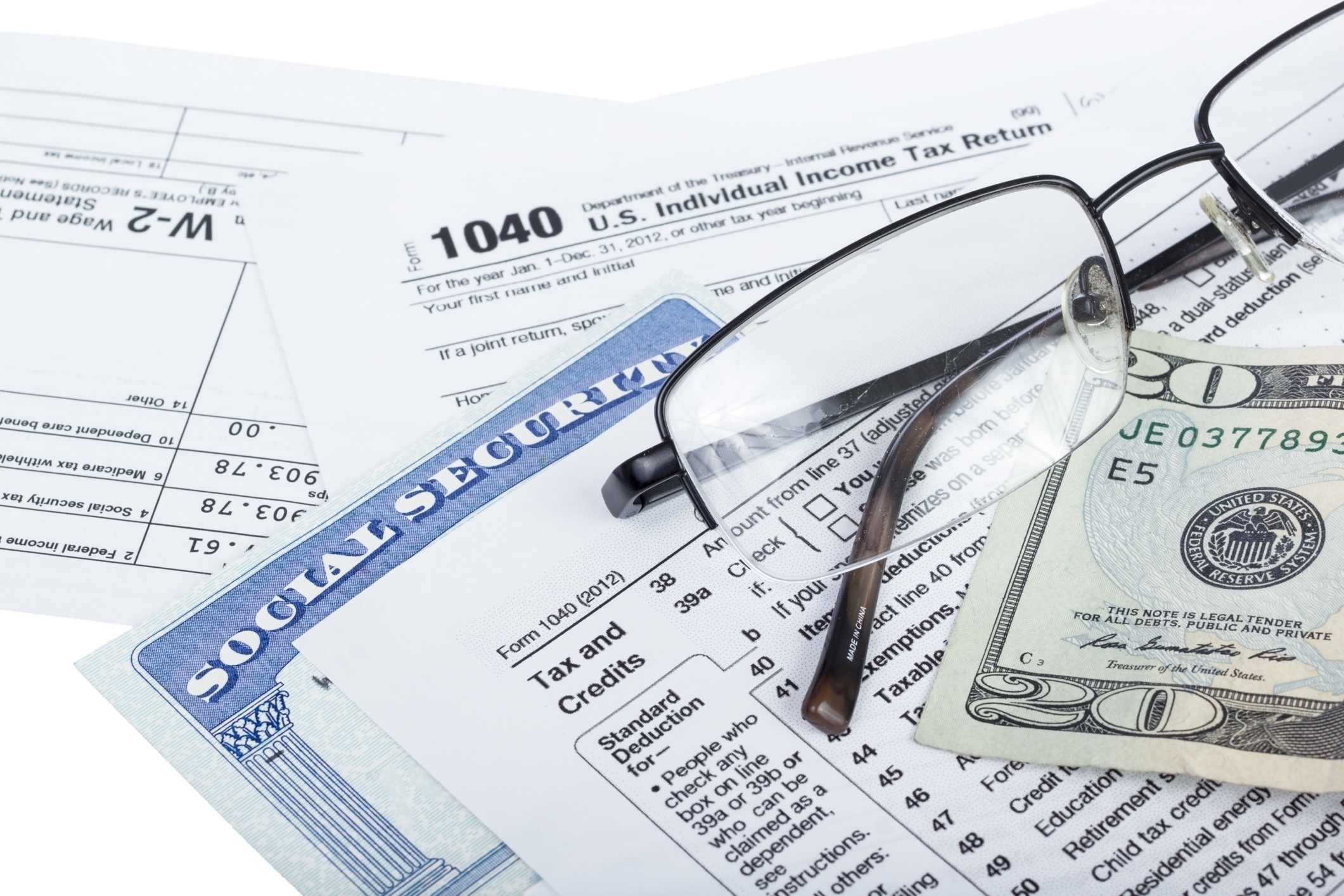-
Global hiring is booming — but traditional HR tools can’t keep up. Payroll software built for remote teams is now the backbone of fast-growing companies. It ensures accurate payments, automated compliance, reduced errors, and happier employees across borders. This post uncovers the silent revolution behind modern remote work and shows why businesses that adopt payroll automation scale faster, retain talent better, and avoid costly mistakes. A must-read for founders, HR leaders, and remote professionals.
-
Global hiring should not feel like a legal minefield—but for most U.S. small and mid-sized businesses (SMBs), that’s exactly what it is. Building a remote global team exposes you to permanent establishment risks, misclassification penalties, country-specific tax requirements, complex payroll mandates, and HR compliance that changes monthly.
-
The power of video advertising lies not in its creativity alone, but in its ability to deliver quantifiable, measurable, and repeatable business results. Small businesses that integrate video into their marketing see substantial improvements across engagement, conversions, brand perception, and overall customer lifetime value.
-
NVIDIA has just become the first company in history to reach a $5 trillion market cap — an astonishing leap powered by artificial intelligence and next-gen chips. For technology lovers, career builders and anyone curious about the future, this moment marks a shift in what “big tech” really means. Dive into how it happened, what it signals for your own growth, and why now is the time to rethink how you ride the wave of disruption.
-
The internet is choking on “AI Slop” — a storm of low-quality, machine-made content that looks smart but feels soulless. From fake news to recycled quotes, our feeds are drowning in digital noise. But there’s still hope. The future belongs to thinkers, curators, and creators who choose depth over dopamine. Here’s how we reclaim authenticity in an algorithm-driven world.
-
Discover the book list that the world’s most successful entrepreneurs and investors actually follow. These aren’t just business manuals—they’re mindset-shifters, productivity boosters, frameworks for the modern tech-career world. If you’re aged 25-45, passionate about tech, growth and self-mastery, this post is for you. Dive in, pick your next read, tag a friend who needs it, and share your favourite quote in the comments! #readinglist #billionairemindset
-
Are you ready to take control of your finances? Discover how the IRS’s VITA program offers free tax-preparation help for eligible taxpayers—learn what it is, how it works, and why it matters.
-
Gold has leapt to historic highs, leaving many asking: “Why now?” Join me as I unravel the layers — safe-haven flows, real interest rates, institutional demand, supply constraints — that explain this surge. With clarity and nuance, I invite you to think differently, comment, and share your views. Because knowledge is best when it spreads.
-
What if the data center powering your AI assistant is quietly drawing as much electricity as a small city? As AI surges, hyperscale campuses, edge nodes, microgrids, advanced cooling, and novel energy sources all collide at the frontier of tech and sustainability. Dive into the untold story—see how “green” gets real, where regulation, community pushback, and emerging power models are reshaping the backbone of the digital age. Share to spark conversation.
-
How close are we to building a machine that thinks like a human? In this post, we dive deep into expert predictions for AGI timelines, the monumental technical and ethical barriers in the way, and what those breakthroughs might look like. Whether AGI arrives in 2030 or 2050, this journey reshapes how we live, work, and dream. Let’s explore together—and discuss where you think we’ll really land.
















Social Security History
Background Since a pair of 1938 Treasury Department Tax Rulings, and another in 1941, Social Security benefits have been explicitly excluded from federal income taxation. (A revision was issued in 1970, but it made no changes in the existing policy.) This changed for the first time with the passage of the 1983 Amendments to the Social Security Act. Beginning in 1984, a portion of Social Security benefits have been subject to federal income taxes.
The three Treasury Rulings (see below) established as tax policy the principle that Social Security benefits were not subject to federal income taxes. This was special treatment for Social Security benefits since most private pensions are partly taxable. In most private pensions, an amount of the pension equal to the contributions made by the worker are tax-free. The amount of such private pensions which exceeds the amount of the worker's contributions, is usually subject to federal income taxes.
A slightly different, and more complicated, way of saying essentially the same thing is that the portion of pension benefits not subject to taxation is that on "after-tax income." For a worker, his entire pay is subject to federal income taxes, including that part that is subject to Social Security payroll taxes, and so, in the sometimes confusing parlance of tax policy, this is said to all be "after-tax income." His employer, however, is allowed to deduct his portion of the Social Security payroll tax from his taxable income. So Social Security payments made by the employer are considered "before-tax income" (and hence, not taxable). So the value of the "before-tax income" received by the beneficiary (i.e., the employer's contribution) is potentially taxable. Or to say it the other way, only that portion of the worker's "after-tax income" on which he paid payroll taxes, is not taxable.
Yet another way of describing this idea is to use "exclusion ratios," which is how the Treasury Department defines the taxable portion of a pension benefit. In all of these ways of describing it, the basic idea is the same: the pension recepient is generally liable for taxes on that portion of his benefits that he did not himself contribute.
Treasury's underlying rationale for not taxing Social Security benefits was that the benefits under the Act could be considered as "gratuities," and since gifts or gratuities were not generally taxable, Social Security benefits were not taxable. It is likely that Treasury took this view owing to the structure of the 1935 Act in which the taxing provisions and the benefit provisions were in separate Titles of the law. Because of this structure, one could argue that the taxes were just a form of revenue-raising, unrelated to the benefits. The benefits themselves could then be seen as a "gratuity" that the federal government paid to certain classes of citizens. Although this was clearly not true in a political and moral sense, it could be construed this way in a legal sense. In the context of public policy, most people would hold the view that the tax contributions created an "earned right" to subsequent benefits. Notwithstanding this common view, the Treasury Department ruled that there was no such necessary connection and hence that Social Security benefits were not taxable.